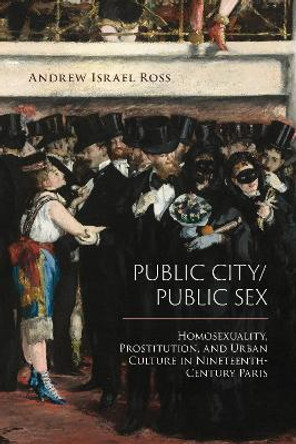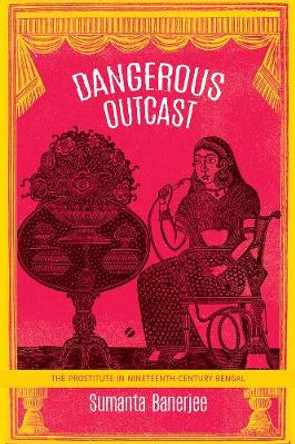Description
Prostitution was a serious problem for nineteenth-century Europe: a threat to public health and public order and, at the same time, a prop to morality, allowing society to protect the purity of most women by sacrificing that of only a few. Jill Harsin examines the methods by which the police of Paris resolved the contradictions of this situation--an extralgal adminsitrative system involving the registration, regular medical examination, and periodic administrative detention of all working-class prostitutes.
As the author shows, this regulatory system not only deprived prostitutes of civil rights, but increasingly encroached on the rights of all working women who, by the standards and definitions of the police, exhibited suspicious moral character. Drawing on a variety of sources, Professor Harsin presents statistical material on such topics as prostitutes' criminality, providing new evidence for an area hitherto dominated by speculation. Her work challenges previous interpretations by showing a regulatory system well in place during the Restoration.
Jill Harsin is Assistant Professor of History at Colgate University.
Originally published in 1985.
The Princeton Legacy Library uses the latest print-on-demand technology to again make available previously out-of-print books from the distinguished backlist of Princeton University Press. These editions preserve the original texts of these important books while presenting them in durable paperback and hardcover editions. The goal of the Princeton Legacy Library is to vastly increase access to the rich scholarly heritage found in the thousands of books published by Princeton University Press since its founding in 1905.
Book Information
ISBN 9780691655482
Author Jill Harsin
Format Paperback
Page Count 448
Imprint Princeton University Press
Publisher Princeton University Press





